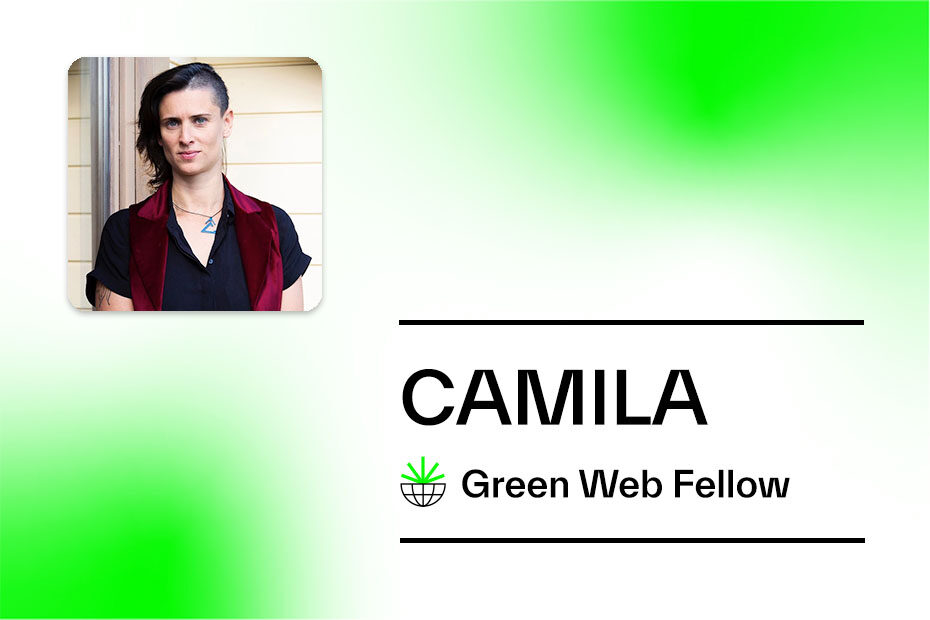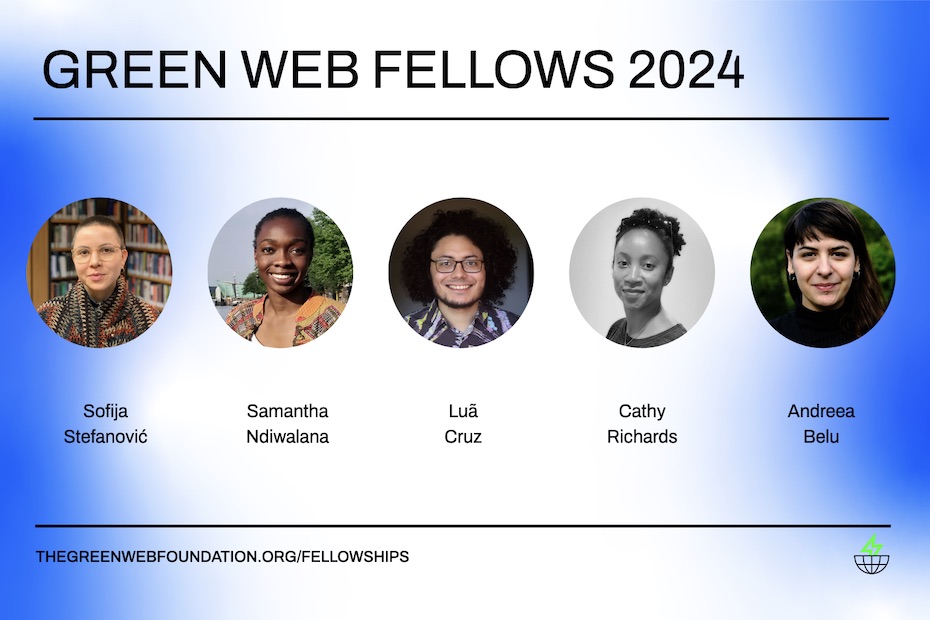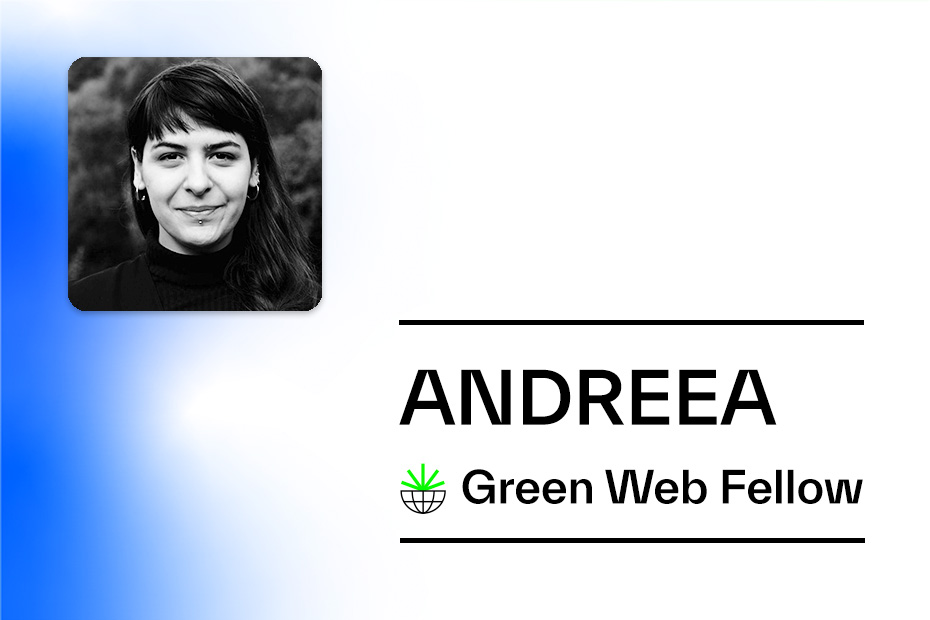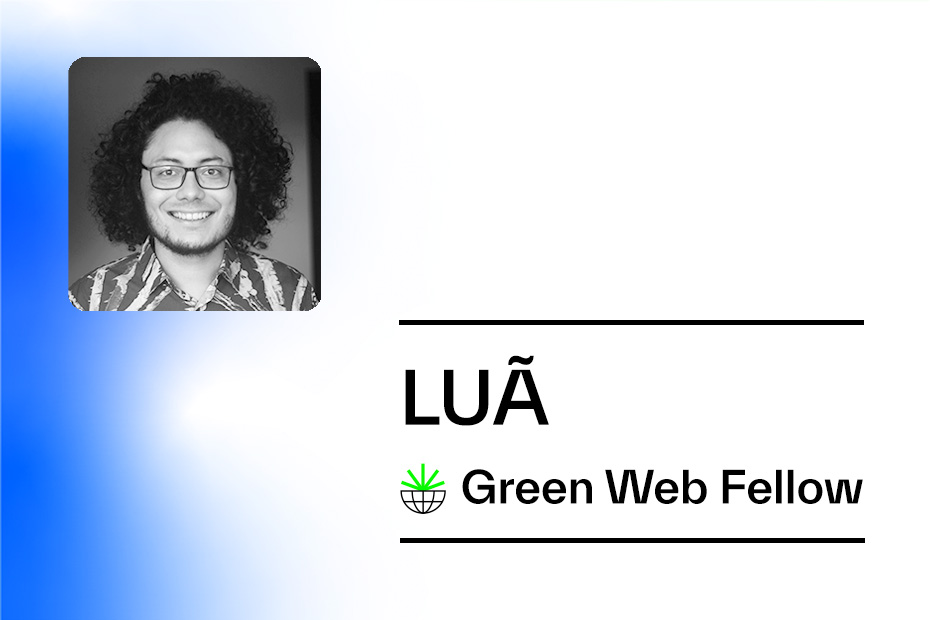Heterosexuality as an artifact of coloniality; the notion of woman as something brought by the colonial period; intertwined oppressions as part of understanding territories, conflicts, and eurocentric definitions on nature. I write this text about the project on Feminist Architectures on Megaprojects, while ruminating excerpts I mention above, as part of an interview I had the opportunity to do with the Dominican thinker, artist and activist Ochy Curiel. It will come out soon in a publication in Brazil. She lives in Colombia and is one of the founders of Glefas, Grupo Latinoamericano de Estudios, Formación y Acción Feminista (Latin American group of Studies, Formation), a growing reference on decolonial collective forms of investigations and practices – also one of my main references.
Simultaneously, I wrap up this writing one day after facilitating a session on intersections between climate justice and digital rights in a meeting of several organizations in Berlin. Different kinds of exchanges, but both helped situating in relation to this project again.
In fact, at first the presentation of this project came across as a question: how to build an architecture of feminist investigations on megaprojects, both digital and non-digital? But a nice feedback from another researcher and feminist writer, Katrin Fritsch, made me realize a question sometimes hides a trajectory. Questions will always be there and it is not my goal to come up with an unique answer, but this project´s starting point takes place not in the beginning but somewhere on the road, a quite long road already in relation to the topic. Therefore it aims then to take a loot at lived experiences, alliances, ongoing challenges, possibilities that are out there. Besides that, the it means trying out a further step as well.
Investigations – transmedia formats
Investigations can take different formats and that´s the reason why I like this word in Spanish better than in English for example – “investigación” – because it can mean deep diving in journalistic, artistic, academic terms and so on. My focus is more on the intersection of these worlds, more specifically towards transmedia formats and alternative journalism informed by and embedded in decolonial feminist approaches. Enraizado nos nossos próprios corpos, territórios, posicionalidades.
Architecture
Architecture is a word that can be defined in many ways. Among them, as an art and technique of designing a building or a building environment. Besides that, it can be understood as artistic and technical process that involves the elaboration spaces to house different kinds of human activities. What I propose here is to think about architectural forms of transmedia and cross-cutting investigations in more collaborative forms to understand the transformations, affects moved, physical and symbolic evictions among other consequences of megaprojects.
Megaprojects
So, Megaprojects. Capital letters now, to refer as a concept and its own trajectory. Argentinian scholar Maristela Svampa in her text “Commodities Consensus: Neoextractivism and Enclosure of the Commons in Latin America” (2015), sees megaprojects as huge infrastructure changes that tend to reconfigure territories as a whole, dismantling preexisting social and economic forms. Svampa points out those projects are usually imposed without population´s consent, generating spirals of criminalization and repression of forms of resistance.
In practical terms, to help visualising, we can think of for example the construction of hydropower dams (one of my main themes of investigation), agribusiness projects, roads, and more and more digital infrastructures, such as data centres or submarine cables for instance. Online and offline, as we are not thinking about separated realities. They are all connected in very concrete ways.
When I graduated in Journalism, impartiality was a main topic in newsrooms worldwide. In fact, corporative traditional media in Brazil, where I come from and started my career at, was (and still is) mainly guided by international experiences, which means basically the Global North and a lot by the US. Working on newsrooms already covering about environmental debates starting 16 years from now, I was expected to write about polar bears, or climate change as something very far away.
Once I was commissioned a piece to a media vehicle in Europe and someone literally asked me to reduce the part about the ongoing land conflicts and write about curiosities on the Amazon forest. Although most of the reporters were women, the vast majority of main editors were white men. Our backgrounds, bodies, class, gender, sexual orientation was not part of the conversation – it was a lonely road for many of us. The idea of reporters and editors as neutral subjects that could tell stories from everywhere was still pretty popular.
New social tech mechanisms
Luckily, things are changing a lot, there are many feminists working on storytelling and forms of deeper investigations that bring up power relations related to the environment, individually and collectively. On the other hand, there are new challenges in the forms we circulate information and narratives, as in the last years media concentration also got a transnational frame with social media, big tech companies and other actors. This scenario also brought a dispute on narratives about the environment. Misinformation, climate denialism, points of view concentrated in the Global North. New social and tech mechanisms. Colonialism still seems a big elephant in the room in many circles, as in the end of the day it targets the core of practices of investigations and documentation processes.
Almost eight years ago, after already working for some years as an editor for an alternative media news website in Brazil, based at a social justice organization, I moved to Germany to start a project called Beyond the Green. Since then, I am researching and exploring on the topics mentioned here.
How far did transmedia investigations on these topics go? Which new questions do we face?
There will always be more to build, to expand, perspectives that lead to new paths, especially when we open ourselves to collective constructions. On the other hand, I feel it is also necessary to take time to deep dive experiences so far. My aim with this project is to systematise findings I had on the road, weaving stories, data, references around me and further steps. For instance, what the hell gender, sexual orientation and definitions on nature have to do with all that? Why did I start the text with those elements?
Where from here
If some of these questions remain open to you, no worries, that is the point of this project. They are not part of most narratives we encounter on the environment and the intersections between environmental and digital rights discussions. But if you are interested, I will be sharing about this project at least once a month here. On the way, let your eyes be open to the connections you may even see from the doubts those relations cause in our minds.



